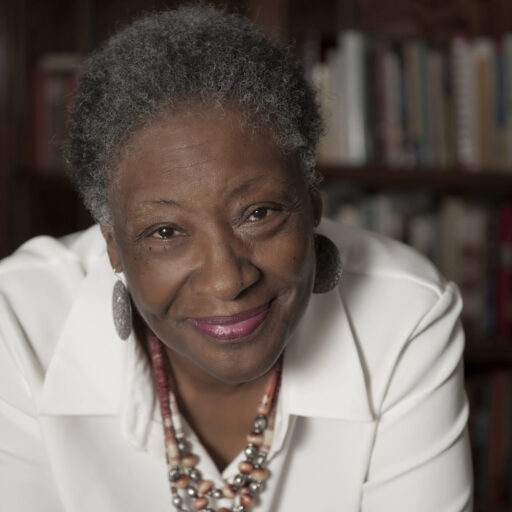
How to Write a Memoir Part Four
Write Like a Novelist
There is a saying about writing, of which there are many variations, “All stories are true, even those that are imagined.” When I write a novel I am creating a factually untrue world. For readers to enter that world and want to live there with my characters, they have to be baptized by the emotional truth of the story. Emotional truth. Draft after draft, that is the truth you unearth and reveal, and it is the only truth that matters for the reader. You can write your emotional truth and leave out information that will harm others if revealed, you can write your emotional truth and leave out facts you simply do not want to include. A skilled writer finds multiple ways to write with the honesty their story requires to be compelling, an honesty that does not require revealing everything.
When we recall the novels that have haunted or inspired us, that we can instantly recall passages or scenes from, we feel the novel as much as we remember it. Many readers of my novel The Wide Circumference of Love about a marriage and a family impacted by Alzheimer’s disease assumed it was inspired by my experience. It was not. They assumed that because for them the novel simply felt true. I worked for four years using my imagination, combined with research and an ever-growing empathy to write that story.
In the novel, Gregory Tate no longer recognizes his wife Diane. He has told her that he has no wife and has begun a relationship with a woman who lives in the memory care facility that is now his home. Diane’s definition of her marriage, of herself, is now radically altered. A man with whom she spent 35 years building a life and what she had assumed was an enduring love is now in some ways a stranger to her. Where and how will she find resilience? What does marriage mean for her if it means nothing to Gregory? These are questions that violently overturn the foundation of a marriage, questions whose answers require the time and space a novel provides. They are also questions that force readers to ask what would they do, how would they feel? These are questions inspired by a specific challenge, a specific life but that are universal.
In your memoir tell the reader not just what happened, but what it meant for you. You are writing beyond facts. Facts are 25 percent of a memoir. Your response to those facts is the other 75 percent. One of my favorite people in the world is Congresswoman Maxine Waters, the patron saint of those who consider themselves “Strong Black Women.” The facts are Waters’ life are a childhood of poverty, a home in which she was one of thirteen children, all scrambling for food, clothing, and attention, watching her mother’s perennial efforts to keep her family intact, and being told she was too dark and too skinny.
Those are the facts of life that shaped but that failed to derail Maxine Waters. Her emotional truth saw her overcome poverty, segregation, and racism, and dedicate her life to fighting those forces that she knew snuffed out lives and dreams. She excelled in school, in various careers, and became a major force in local politics in California, national politics, and on the world stage. How did she do that? What was the cost? Where did she find the psychological reserves and confidence to become a powerhouse in the fight for justice? The emotional truth of her life is knowing who she is and knowing as well, her purpose in life.
Your reader has to see you fall and get back up and you have to tell them how it felt to fall and rise. The reader needs to see you risk the little you have to get something more. You want to be as memorable for your reader as the fictional characters you still carry with you years after first meeting them, Hamlet, Celie, Lady Macbeth, Bigger Thomas, Jay Gatsby.
What is your emotional truth? Who is your favorite fictional character and why?
Suggested Reading:

Marita Golden is the author of over 20 works of fiction and nonfiction. She is Co-founder and President Emerita of the Zora Neale Hurston/ Richard Wright Foundation. As a teacher of writing, she has served as a member of the faculties of the MFA Graduate Creative Writing Programs at George Mason University and Virginia Commonwealth University and served as a Distinguished Visiting Writer in the MA Creative Writing Program at John Hopkins University, and at the University of the District of Columbia. She has taught writing workshops nationally and internationally to a variety of constituencies and is a writing coach, workshop presenter, and literary consultant.



